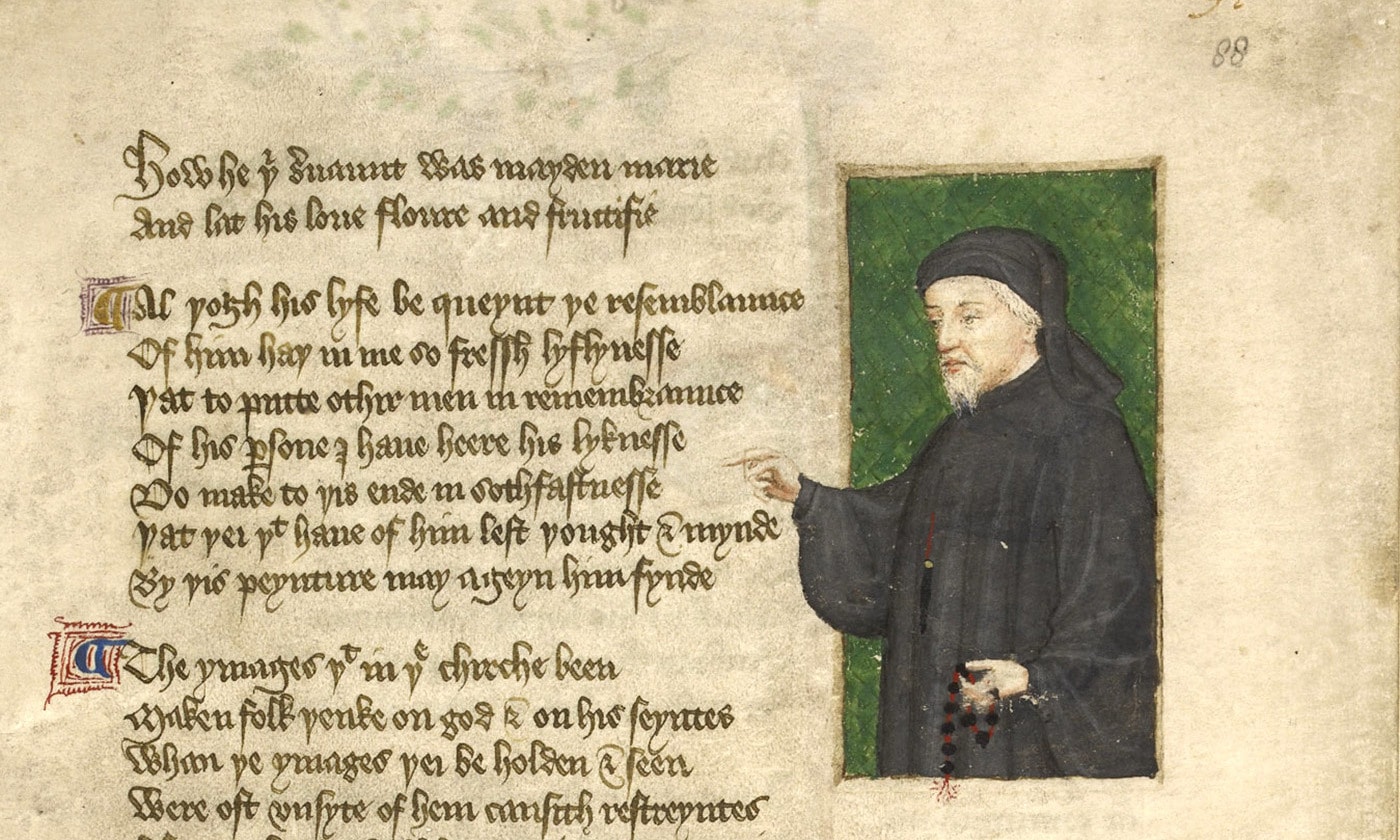Criminal deeds, especially the more brazen ones, can simultaneously fascinate, titillate, and horrify. That was no less so in the medieval era than it today. Take the mysterious death of England’s greatest poet before Shakespeare. Was it the result of a criminal act ordered by a Machiavellian archbishop? Or take the criminal slaughter of an archbishop in his own cathedral, an act that horrified medieval Europe. Or take the medieval bandit who slaughtered hundreds, and whose fell criminal deeds included dark magic that entailed cannibalism – of babies. Below are twenty five things about those and other medieval criminal acts.

ADVERTISEMENT - CONTINUE READING BELOW
Was Chaucer Murdered?
Geoffrey Chaucer (1343 – 1400), author of The Canterbury Tales, was the greatest English poet and writer before Shakespeare. He legitimized the literary use of English vernacular at a time when French and Latin were the dominant literary languages in England. Chaucer is thus widely regarded as The Father of the English Language. His works were highly eclectic, and his topics and subject matter ran the gamut from fart jokes to spiritual union with God. However, his writings consistently reflected a pervasive humor, even when they explored serious philosophical questions. The humor in his writings – especially the times when he made fun of church figures – might have been what led to his demise.
Born into a rich family, Chaucer’s father secured him a position as a royal page – a stepping stone to future advancement. In his teens, he participated in the Hundred Years’ War, was captured, and ransomed by the king for a considerable sum. As an adult, he pursued a career as a courtier, civil servant, and diplomat. Chaucer became the towering literary figure of his day, and after his death in 1400, he was the first to be buried at what would eventually become known as “Poets’ Corner” in Westminster Abbey. There, he was eventually joined by English literary luminaries such as Robert Browning, Charles Dickens, Rudyard Kipling, and Thomas Hardy. Chaucer’s death in 1400 has long been shrouded in mystery. As seen below, it is possible that his demise was the result of a criminal act. Was England’s greatest man of letters before Shakespeare murdered?

